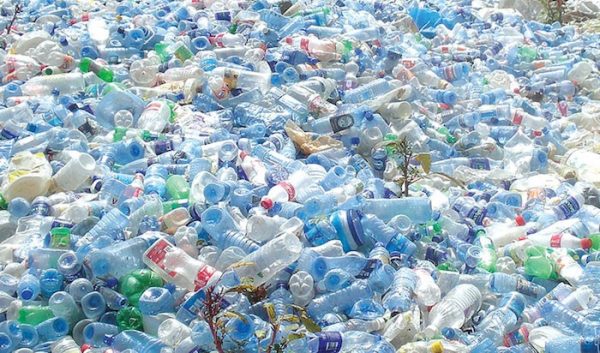…..Don tasks FG on tax incentives for recycling companies
The Founder, Strathmore University Business School Kenya, Dr George Njenga has urged the Nigerian government to put in place eco-friendly policies and tax incentives for recycling companies to drive circular economy model in Nigeria.
Njenga, who is also the Chief of Party, USAID strategic partnership, Kenya stated this in an interview.
Circular Economy is a model of production and consumption which involves sharing, leasing, reusing, repairing, refurbishing and recycling existing materials and products for as long as possible.
It aims to tackle global challenges such as climate change, biodiversity loss, and pollution by minimizing waste and promoting a sustainable use of natural resources, through smarter product design, longer use, recycling, as well as regenerate nature.
Njenga said Nigeria being the most populous African country can leverage on its population, and resources by putting in place eco-friendly policies to drive its economic development.
“I have been to Lagos and Ibadan, I think the issue with Nigeria will be putting in place policies to sensitise the large population, most of who live in villages and rural areas on the benefits of a circular economy.
“There is a need to put in place infrastructure and this must come from government, supported by the AU.
“You have to also work with donor partners, states and local governments to educate through a positive mind-set for profit to the Nigerian people,” he said.
Njenga advised the Federal Government to give tax incentives to recycling companies and enact policies that will encourage Nigerians take used plastics to recycling plants.
“The government should give tax incentives to companies to recycle plastics, so that they don’t eventually pollute the environment and rivers and then allocate funds for that again.
“If a company is not recycling its product and doesn’t have a green certificate, then it should be sanctioned.
“Why should we buy your products if you are destroying the very society we are leaving in.
“So unless rules are established at that level and certification is given by government, and policies that assist in growing profit are encouraged, we might not go far,” he said.
The don said there is a need for government to put in place more infrastructure across the country, such as waste water and sewage treatment facilities, efficient waste disposal system and recycling plants.
The recycling business in Nigeria is gradually gaining traction as it presents a range of opportunities.
“From waste collection and processing to innovative solutions that addresses environmental challenges/drive economic growth, but with a gaping need for an enabling environment to thrive.


